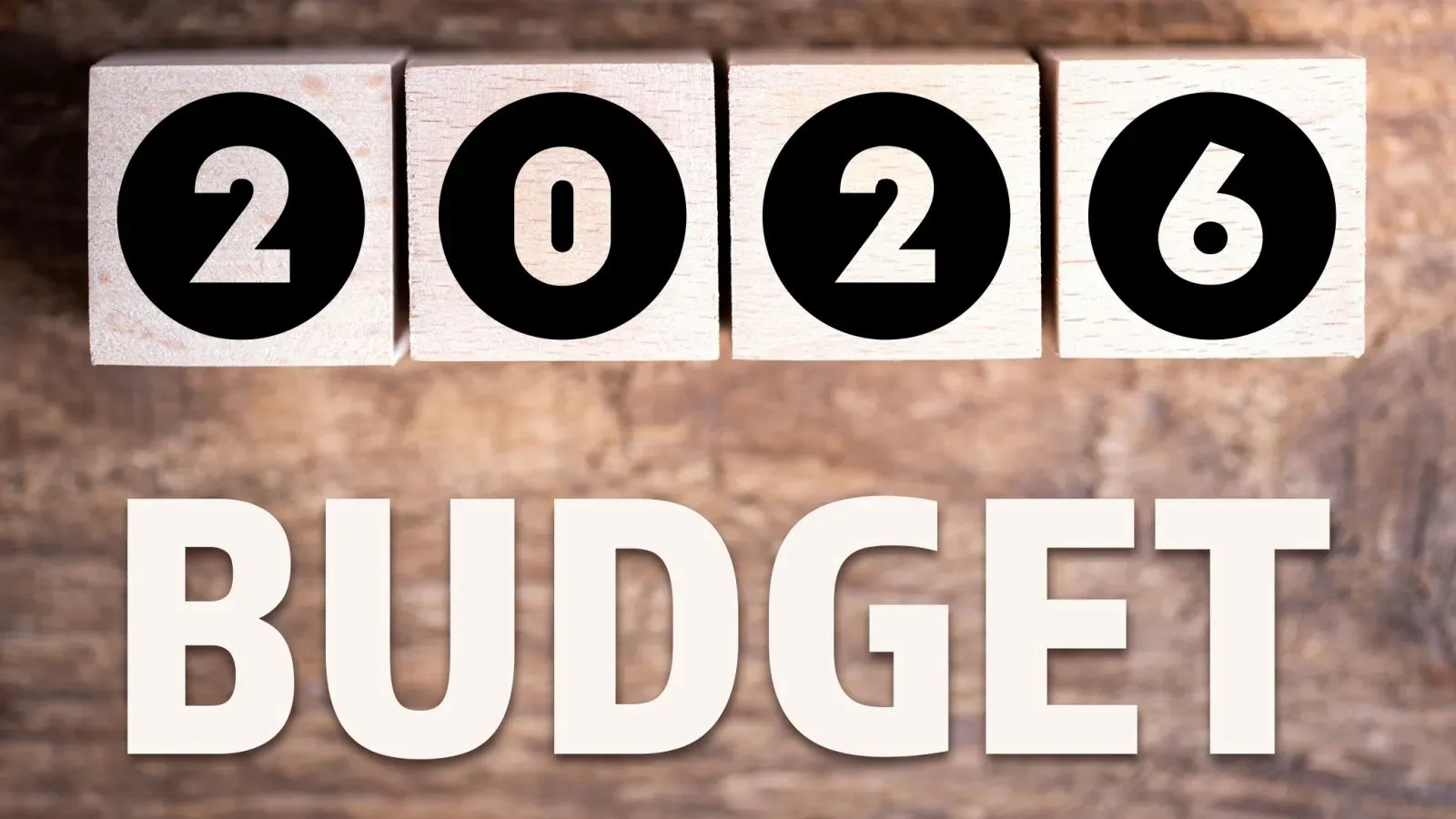Personal Finance News
How to buy perfect health insurance top-up? Here's a 13-point checklist
.png)
3 min read | Updated on June 29, 2024, 10:52 IST
SUMMARY
Topping up a health insurance policy provides additional coverage for medical expenses at an affordable premium. It is important to ensure that the additional coverage meets your needs effectively.

13-point Checklist To Buy Perfect Health Insurance Top-up
Topping up a health insurance policy provides additional coverage for medical expenses at an affordable premium. It is important to ensure that the additional coverage meets your needs effectively. Here are key factors to keep in mind:
-
Scope: Before exploring top-up options, examine the scope of your health insurance policy’s deductibles, co-pays and coverage limits to identify potential gaps. Also, check if it covers a broad range of medical conditions and treatments. This assessment will help you determine the specific needs that a top-up plan should address.
-
Pre-existing conditions: Understand the waiting period and coverage for pre-existing conditions.
-
Sum insured: Evaluate if the top-up provides an adequate sum insured that complements your base policy. Top-up plans allow you to decide the coverage amount without any limit. This is useful if you anticipate higher medical expenses in the future.
-
Deductible: Know the deductible amount, which is the threshold limit that needs to be crossed before the top-up policy kicks in. Ensure the deductible aligns well with the base policy coverage.
-
Premium Costs: Assess if the premium is affordable and provides good value for the additional coverage. Compare the premium with the benefits offered to ensure it's worth the investment.
-
Cashless Hospital Network: Many top-up plans have an associated network of health care providers, hospitals, and clinics. Find out if your preferred health care facilities are included in the plan's network to avoid potential inconveniences or additional costs.
-
Ease of Claim: Evaluate the insurer's record and reputation for efficient claim settlement. Look at customer reviews, ratings, and feedback from reliable sources to gauge the company's responsiveness and claims handling process.
-
Documentation: Understand the documentation required for claims to avoid any surprises during emergencies.
-
Policy terms and conditions: Be aware of exclusions and limitations in the top-up policy. Also, check the renewability conditions and if the policy offers lifetime renewability.
-
Add-on covers: Look for any add-on covers or riders that can be bundled with the top-up plan for extra protection.
-
Service quality: Evaluate the quality of customer support and assistance provided by the insurer.
-
Portability: Make sure that if you plan to switch insurers in the future, there is a possibility, and understand what the rules are.
-
Tax Benefits: Check for eligibility of tax benefits under Section 80D of the Income Tax Act for premiums paid towards the top-up policy. You are eligible for a tax deduction on premiums paid towards top-up health insurance plans, which can help reduce your taxable income.
By carefully considering these factors, you can choose a top-up health insurance policy that enhances your medical coverage effectively while fitting within your budget and meeting your specific healthcare needs.
By signing up you agree to Upstox’s Terms & Conditions
About The Author
Next Story


